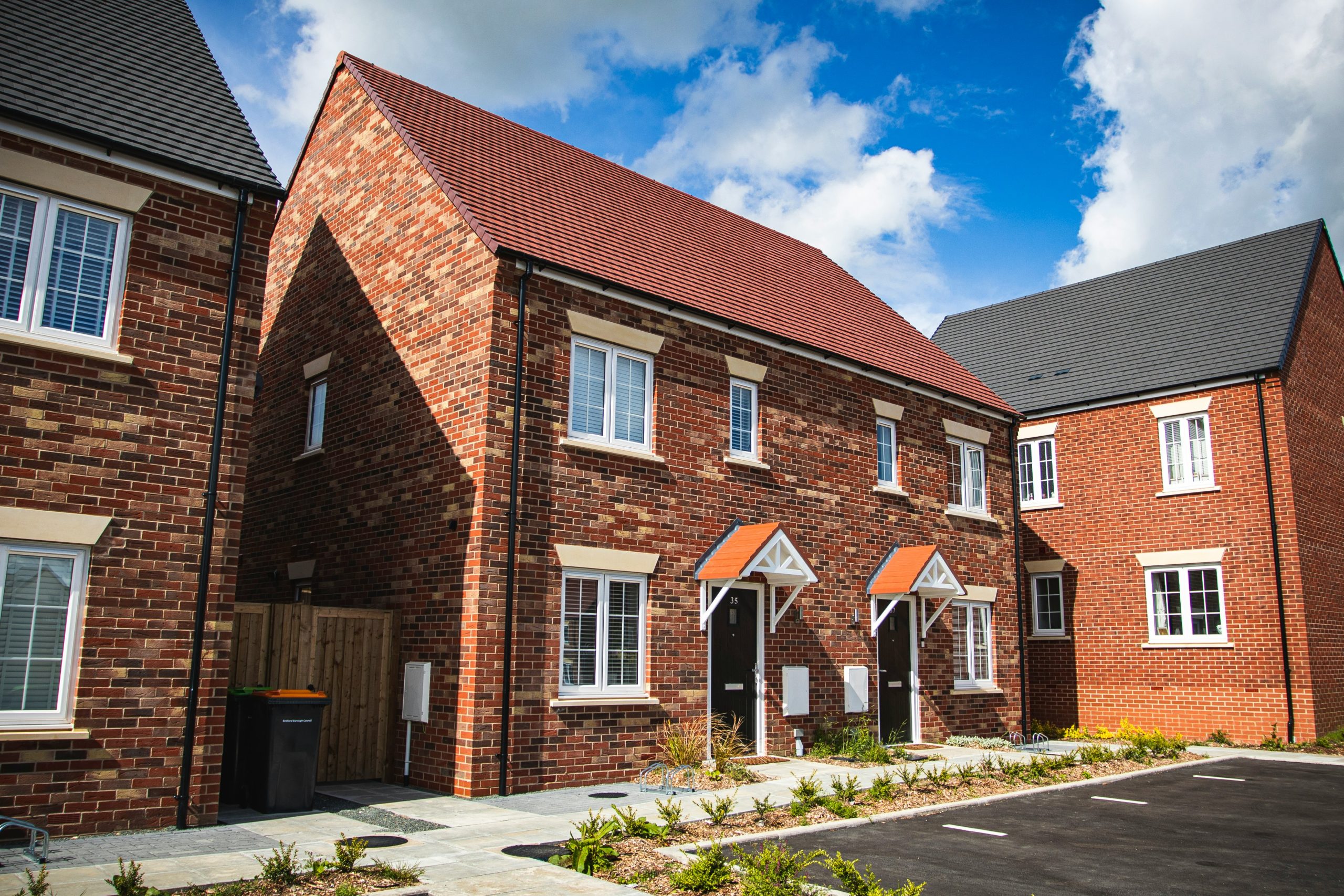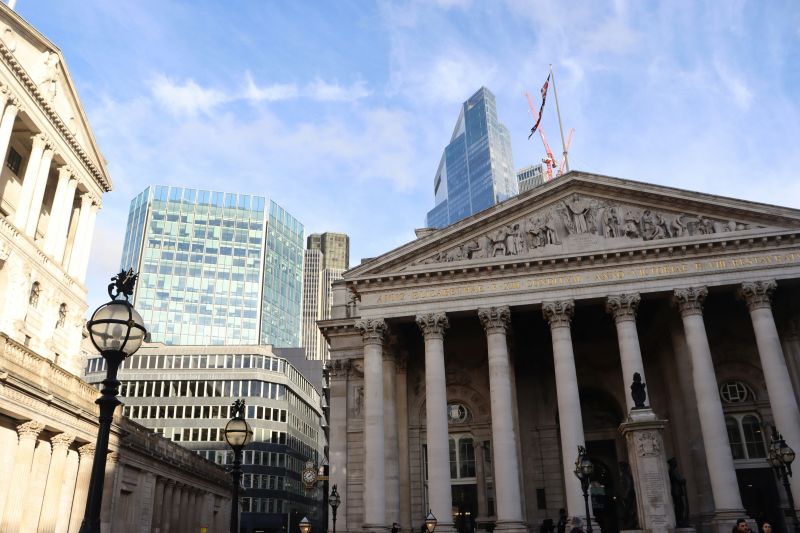
As the respective Political parties start winding up their rhetoric and adjust their tactics against the reaction they are getting from doorsteps, it was always inevitable that Housing would be a hot topic. This is a crucial subject for us all. Both personally and for business, a healthy property market is essential for an expanding economy.
Without taking a political position on this, it is very clear to many, both in and outside the industry, that the current model is failing us. There is a deep fracture in supply and demand, the planning system is not fit for purpose, the fact that we cannot offer first-time housing to our young people – it is now the case that the average age for getting onto the housing ladder is between 35-40 years old – is a national disgrace, Government policy is a mystery trip with no coherence or consistency, this has not been helped by having 14 different Housing Ministers in 14 years.
Is this General Election the chance to establish meaningful root and branch changes or will there be yet another gentle rearrangement of the deckchairs?
For those who know this market, it is one of the most challenging nuts to crack for policy makers – right up there with the woes of the NHS.
Despite all this the market itself is remarkably mature and efficient with around 8 major house builders controlling supply, all of whom are generally very good at what they do.
It is intriguing to study current market trends, particularly house prices. By any rational judgement these should be taking a pasting because of high central bank interest rates which directly impact on mortgage rates.
The latest market evidence is fascinating. Even as the signs of a recent housing market recovery begin to stutter with the election date looming, sellers are still asking for record prices for their homes. The average house price has held firm over the last month at £375,110 only £21 below the record set in May 2024. This is despite the stubbornly high mortgage rates and major issues for many of affordability. Asking prices have not seen the South West as a market leader. Highest levels have been experienced in the North East, North West, Scotland, Wales and of course the South East where house prices tend to be higher.
Talking to local estate agents they tell me that over the past 4 weeks around 6% more sales have been agreed than at the same time last year. Also that current enquiries are around 5% higher than 2023.
A recent National Survey however shows a rather different trend with house prices stalling after the disappointment of no-change to Bank Base Rate. Indeed mortgage rates have crept up over the last couple of months to an average five-year fixed term now back over 5% for the first time since January. Perhaps a cynic would say that this is a tactic designed to allow some headroom for a huge mortgage price war as soon as interest rates start, inevitably, to reduce. Certainly the volume house builders are anticipating a more predictable rising market over the coming 12 months once the inertia of the Election is out of the way.
Confused? Yes so am I.
So will politics change things for the better. The Labour Party is the only one trying to tackle both supply and demand issues. It is certainly talking sensibly about planning delivery with the re-establishment of local housing targets to give a fighting chance of building the 300,000 homes we need every year for at least the next 5 years. Also heavy investment in new Planning Officers to remove blockages which can mean a planning application taking between 2 and 5 years to be resolved. They are also proposing to fast-track consents for brownfield sites (“Grey Belt Land”).
No other party is currently offering better ways to improve housing delivery.
The Conservatives are not tackling supply and demand blockages rather preferring to wow the first-time buyer market by abolishing stamp duty levy for them up to £425,000. The current average house price for first-time buyers in April 2024 was £236,000. The main delivery issues have however been ducked.
The Liberal Democrats are proposing additional social housing, new “garden cities” and the end to right-to-buy. The Greens suggest more social housing is needed, and bringing empty housing back into use. Also the setting of even higher environmental standards for new builds. Reform suggests fast-track planning and tax incentives for development on brownfield sites.
All interesting stuff, but missing the whole point about reforming delivery and all demonstrating a naive lack of understanding as to how build costs are calculated and totally failing to address the challenge of how to fill the 40% gap of skilled construction workers.
All are (roughly) agreed that the Rental Market is also a basket case with rents rising by more than 10% and huge shortages in provision. Here again policy is failing to tackle the core issue. The latest policy initiative being suggested is the introduction of a law to prevent landlords from getting prospective tenants to bid against each other for rental homes. This rent market is red hot with currently around 5.5m private rental homes in the UK. More than a third of tenants spend half of their take-home pay on rent. Evictions for non-payment of rent are hovering around the highest levels on record.
Not too many answers from me. Without creating a builder’s charter and without a wholesale plundering of our green assets, whichever party can remove (or reduce) the obstacle course blocking housing delivery stands a chance of cracking some of these intractable problems.









